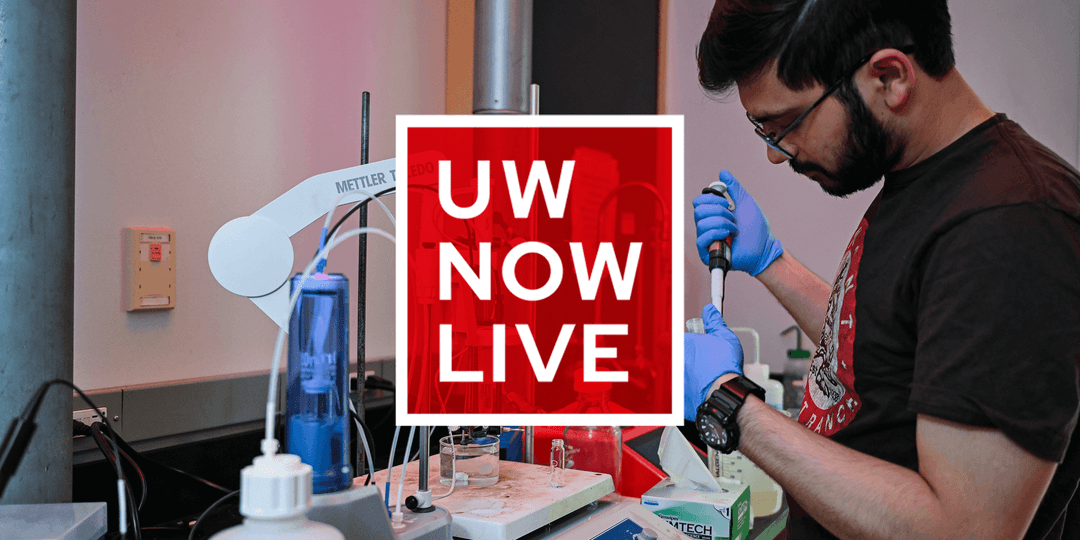On January 7, 2025, wildfires began in the Los Angeles area, and they quickly grew in size and intensity, displacing hundreds of thousands of people, destroying thousands of homes, and killing more than 25.
Those fires have been tragic for the people in their path — and they’ve been challenging for the companies that insure those people’s homes. One of those companies is American Family Insurance. Ben Wright ’02, who’s been with American Family for 24 years, says that the firm received nearly $200 million in claims within 10 days of the start of the fires. “And I expect that number to grow over the next week or so,” he says.
Wright will appear on the UW Now Livestream on January 21 to discuss the effects that the fires and other catastrophic events are having on homeowners’ insurance. Over the last decade, he says, the frequency, severity, and cost of wildfires has increased — a trend that has also been true for damaging storms. In a world increasingly affected by climate change, homeowners’ insurance is growing ever more expensive.
My Chief Area of Expertise Is:
I’m the chief underwriting officer at American Family Insurance, and I lead product development, product management, actuarial, and data science and analytics for AmFam's Property and Casualty business. My primary expertise is in pricing and underwriting of property and casualty insurance, inclusive of both personal and commercial lines of business.
Tonight on the UW Now Livestream, I’ll Talk About:
I’ll talk about wildfire losses within the industry and how those trends have changed in recent years. I will highlight how wildfire losses have become more prominent over the past several years, drivers of recent trends, and steps that the industry has taken to address the rise in wildfire losses. I can also share information on recent events in California, including the wildfires and recent insurance and regulation changes.
The One Thing I Want People to Remember Is:
Climate change has had a very significant impact when it comes to losses or damage caused by wildfires. It’s going to take government agencies, insurers, developers, and homeowners all working together to solve that problem and ensure that communities can be sustainable going forward.
To Get Smart Fast, See:
- The Insurance Information Institute. They were established in 1960 and have been a trusted source with unique data and data-driven insights on insurance for many decades, and they have a wealth of information.
- The Insurance Institute for Business and Home Safety. They’re an independent nonprofit scientific research and communication organization that’s supported by the insurance industry and affiliates, and they conduct a lot of research around construction methods and building materials and provide sound standards and advice.
- The National Centers for Environmental Information. That’s a part of NOAA [the National Oceanic and Atmospheric Administration] and is a great resource for climate and weather information in general. It’s not necessarily insurance-specific, but the information that NOAA collects and provides is something that a lot of the top carriers use today, when it comes to assessing climate risk.



